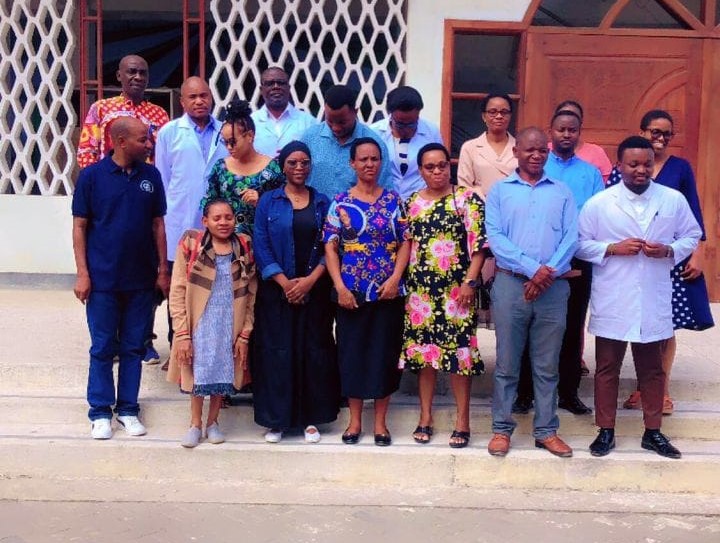Rather than giving answers, we should learn to ask questions, study tools and not only goals, build relationships, personal, social and institutional structures able to nurish social cohesion inclusive of different identities. The essentials of the Christian faith is the choice to stay in the middle,
with disponibility to mediation, which is not search for compromise at any cost or indifference to the existing, but loyalty to the Spirit who “works in the church allowing her to be faithful to Christ met and proclaimed by the apostles “(Repole, Humility of the church, p. 40).
Accept that “the outcome is not established” means for the Christian community adopt a “vision of realistic confidence in all times and all situations in which the church will live, because it is certain that, in the Spirit, Christ is for everyone. ” Also the catholic theological reflection stimulated by conditions brought about by secularization, underlines the fact that Christianity, in a future that is already present, will have to accept they can no longer be “the only form unifying and integrating the whole of society, “at the world level and even Western Europe. According to the theologian and philosopher John Ferretti, “The Christian community must therefore rediscover the value and the Christian sense of being small seed of life among others, to offer as a gift considered as valuable for all without hegemonic pretensions and with the utmost respect for otherness of the others and their freedom to receive or not the gift that is offered » (Ferretti, Being a Christian today, p. 57).
The attitude of mediation (understood first and foremost as the ability to stay in the middle of the story) is premised on the awareness of the many elements that compose the social reality, including religious, but also a desire to be at its internal element active and industrious. It is not an easy task:
Imagine to offer simple solutions to deal with the complexity of spiritual and material issues of our time would mean to give an inadequate response to the questions emerging, and not to understand the issues really at stake. If there is an urgent challenge for the church this is to find the words and gestures to say God even today in a world that has gone out of God: people who walk in the streets of the city and those who do not leave home, to those who work and those who can not find an employment and a future, to those who diligently keeps open parishes and those who find the doors always locked. At the end on could find, surprisingly, to be in the middle of the story where God comes to meet, where eternity becomes time, where changes what is unchanging, where the other becomes totally next.
Marta Margotti




Leave A Comment
You must be logged in to post a comment.